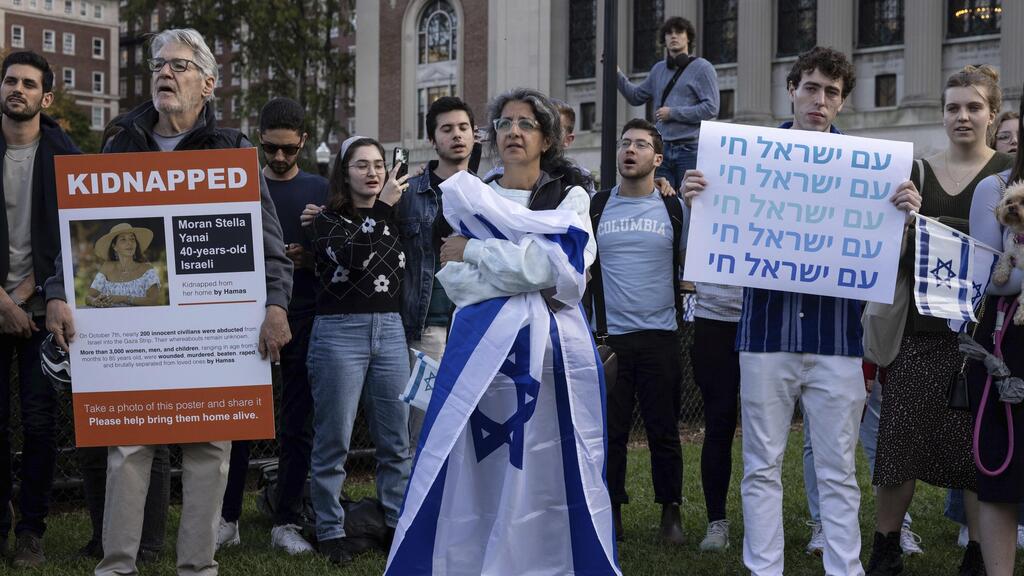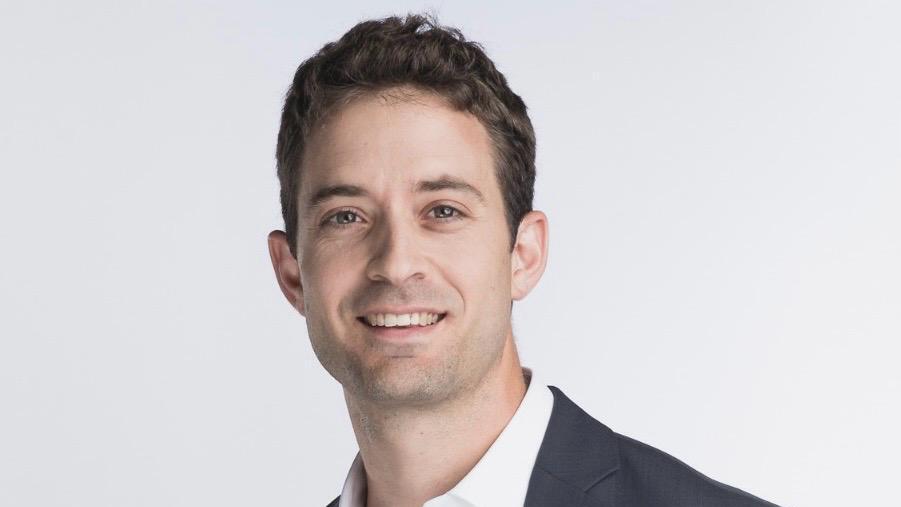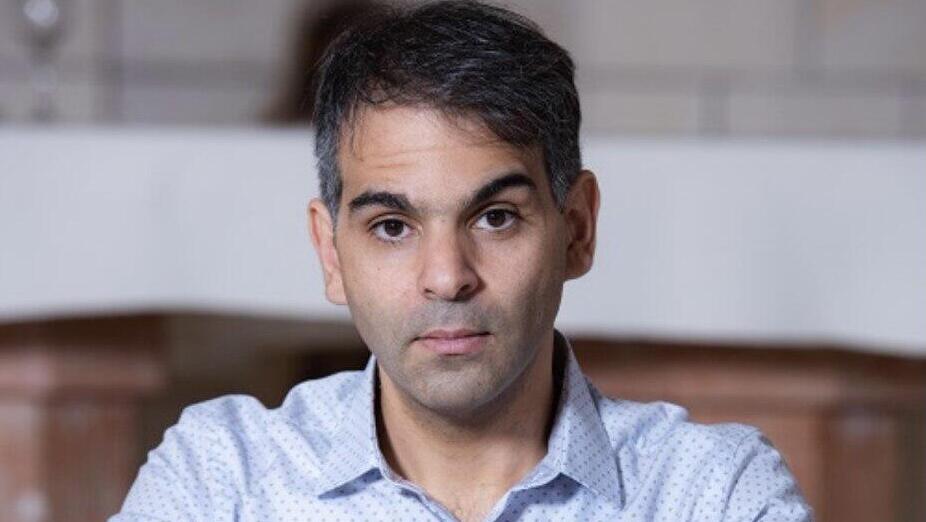When Tzur Goldin and Nabeel Abboud Ashkar stepped onto Harvard University’s campus, their story was anything but typical for two Israelis in an American institution. Goldin, a reserve combat officer in the IDF, has devoted years to a relentless public campaign for the return of his brother, Hadar Goldin, who is still held in Gaza. Meanwhile, Abboud Ashkar, a Christian Arab entrepreneur from Nazareth, has become a symbol of coexistence in Israel, even earning a flattering profile in the British publication The Guardian, which is not known for its favorable coverage of Israel.
The two, who first met in the corridors of the Kennedy School, now find themselves in the midst of a campus that has seen intense protests against Israel in recent months. Yet, despite the surrounding hostility, they are working to serve as "unofficial ambassadors" for their country. Goldin, 33, and Abboud Ashkar, 45, are among the most prominent students in the prestigious program at a school regarded as one of the world's leading institutions for government and political studies, which they joined through the Sammy Ofer Graduate Fellowship Fund for Emerging Leaders from Israel and Palestine at the Harvard Kennedy School.
It is hard to overlook the irony that Harvard, the first university in the U.S. where a coalition of 30 student organizations accused Israel of responsibility for the horrific massacre on “Black Saturday,” has also become home to two Israelis striving to advocate for their nation despite the overwhelming opposition around them.
I hope that the dialogue we're having here at Harvard will influence our society when we return
"The ignorance and suspicion toward Israel are a given,” says Goldin, who is pursuing a master’s degree in public policy. "But I've found that the best way to counter this is simply to be who we are – good, optimistic and creative Israelis. There’s curiosity here to hear what is actually happening in Israel. When we provide reliable background and pose the question, 'What would you do in the face of the challenges that Israeli society has been dealing with since October 7?' – I find people are willing to listen."
Nabeel Abboud Ashkar, enrolled in a special mid-career leadership program while completing his master’s degree in public administration, emphasizes the connection with other Israeli scholars in the program. It seems that in the challenging environment of Harvard, thousands of kilometers away from Israel's fractured society, Goldin and Abboud Ashkar have found a sense of calm that allows them to engage, listen and present a united front against the significant challenges awaiting them when they return home.
"We debate in a way that respects all opinions, which I think is lacking in public discourse in Israel," he says. "I hope that the dialogue we're having here at Harvard will influence our society when we return. The public discourse in Israel has become aggressive and much less tolerant of unpopular views. People outside of Israel see this, too, and I hope we – all the components of Israeli society – will listen to each other, learn from one another, and together create a healthier balance in society. Only then can we address the internal and external challenges we face."
Thus, while both navigate some of the most complex personal and national challenges, they are also forging a strong connection with each other and their fellow Israeli students on campus, presenting a united front against their peers. "In the end, it's a brave and extraordinary experience to study here," says Goldin. "When we're here, we primarily focus on each other, which gives us the strength to face unpleasant phenomena together."
Abboud Ashkar adds: "The courses here provide a broad perspective on our reality and equip us with practical tools to impact society. Every lecture and meeting sparks thoughts on how I can apply this knowledge in my work in Israel.”
When asked about the impact of his difficult personal story, Goldin shares that this very burden fuels his mission: "In the ten years since my brother was kidnapped, I have developed a career and led a national campaign that has become a portrait of an entire country. The decision to take my family to Harvard came from a sense of duty – to establish a new generation of leadership with meaningful tools and insights. Unlike many at Kennedy, I bear the responsibility of healing the trauma of an entire nation.”
Meanwhile, prominent Jewish donors, including Idan and Batia Ofer, have chosen to resign from the Harvard Board of Trustees and withdraw their donations in protest against rising campus antisemitism, yet the Ofer Family Foundation continues to fund the scholarship program that enables Israelis like Goldin and Abboud Ashkar to study and strive to effect change from within the system.
What motivates the family foundation to maintain its scholarship program despite the Ofer couple's resignation? "The funds for the scholarships were donated long ago and are actually financed through the interest of a donation made many years ago," according to a statement. "This means we have two options: let Harvard decide who benefits from this money, or continue the scholarship program, understanding that it is appropriate for Israelis to benefit from it. We believe that an increased presence of Israelis at Harvard sends two important messages: we will not bow our heads, but rather walk with our heads held high – and our scholars are the best ambassadors for the State of Israel."





